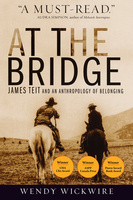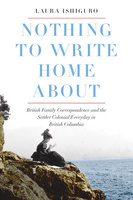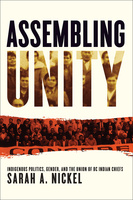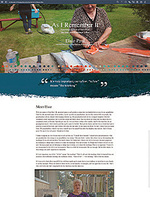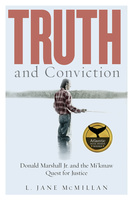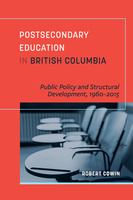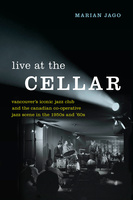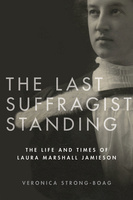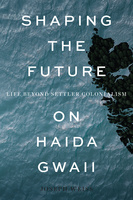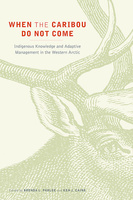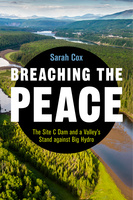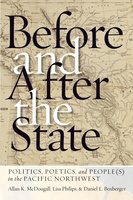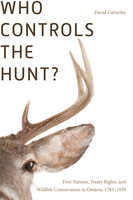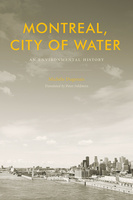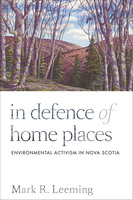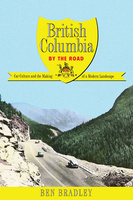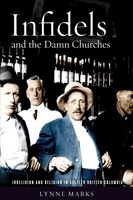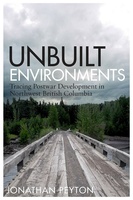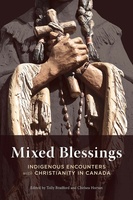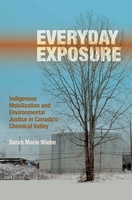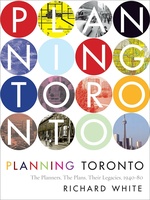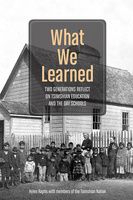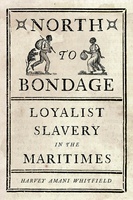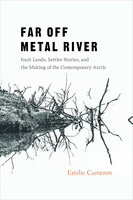In the Spirit of ’68
Youth Culture, the New Left, and the Reimagining of Acadia
In the Spirit of ’68 tells the story of how a unique blend of local circumstance and global influence transformed Acadian New Brunswick’s youth culture, spawning one of the most influential revolutionary student movements in Canada.
Duty to Dissent
Henri Bourassa and the First World War
This revisionist account of Henri Bourassa’s writings and times reshapes our understanding of why Quebec diverged from the rest of Canada when it came to war.
Moments of Crisis
Religion and National Identity in Québec
Wide-ranging and theoretically sophisticated, Moments of Crisis offers a groundbreaking explanation for why religion continues to be implicated in national identity crises in Québec.
At the Bridge
James Teit and an Anthropology of Belonging
At the Bridge lifts from obscurity the story of James Teit (1864–1922), an outstanding Canadian ethnographer and Indian rights activist whose thoughtful scholarship and tireless organizing have been largely ignored.
Nothing to Write Home About
British Family Correspondence and the Settler Colonial Everyday in British Columbia
The first substantial study of family correspondence and settler colonialism, Nothing to Write Home About elucidates the significance of trans-imperial intimacy, epistolary silence, and the everyday in laying the foundations of settler colonialism in British Columbia.
Assembling Unity
Indigenous Politics, Gender, and the Union of BC Indian Chiefs
Assembling Unity traces the history of pan-Indigenous unity in British Columbia through political negotiations, gendered activism, and the balance and exercise of power.
As I Remember It
Teachings (Ɂəms tɑɁɑw) from the Life of a Sliammon Elder
Meet Elder Elsie Paul and discover her stories, family history, and teachings – ʔəms tɑʔɑw – in a multimedia, online book that captures the wit and wisdom of her storytelling.
Truth and Conviction
Donald Marshall Jr. and the Mi’kmaw Quest for Justice
A passionate account of how one man’s fight against racism and injustice transformed the criminal justice system and galvanized the Mi’kmaw Nation’s struggle for self-determination, forever changing the landscape of Indigenous rights in Canada and around the world.
Postsecondary Education in British Columbia
Public Policy and Structural Development, 1960–2015
Postsecondary Education in British Columbia is a thoughtful critical analysis of the role of social justice, human capital, and the market in the development of institutions and public policy in BC education since 1960.
Live at The Cellar
Vancouver’s Iconic Jazz Club and the Canadian Co-operative Jazz Scene in the 1950s and ‘60s
Live at the Cellar tells the story of Vancouver’s iconic jazz club and other co-operative scenes during the 1950s and ’60s and the profound influence they had on the evolution of jazz in Canada.
The Last Suffragist Standing
The Life and Times of Laura Marshall Jamieson
The Last Suffragist Standing is an unprecedented study of a pioneering Canadian suffragist and politician and an illuminating work on the history of feminism, socialism, internationalism, and activism in Canada.
Shaping the Future on Haida Gwaii
Life beyond Settler Colonialism
Countering colonial ideas about Indigenous peoples being frozen in time and without a future, this provocative book explores the ways in which members of the Haida Nation are shaping myriad possible futures to address the dilemmas that come with life under settler colonialism.
Birds of Nunavut
The first complete survey of the birds of Nunavut, this fully illustrated reference work identifies and documents the distribution, ecology, behaviour, and conservation of the species that live in and migrate through the territory.
When the Caribou Do Not Come
Indigenous Knowledge and Adaptive Management in the Western Arctic
When the Caribou Do Not Come highlights the knowledge and perspectives of northern Canadian communities that have been dealing with caribou population fluctuations for generations.
Breaching the Peace
The Site C Dam and a Valley’s Stand against Big Hydro
Award-winning journalist Sarah Cox recounts the prolonged battle, led by farmers and First Nations, to stop the cripplingly expensive and environmentally irresponsible Site C dam.
Before and After the State
Politics, Poetics, and People(s) in the Pacific Northwest
Documenting the profound impact of state formation on individuals and communities in the Pacific Northwest of the nineteenth century, Before and After the State reveals how national narratives and constructed identities were used in the service of nation building.
Who Controls the Hunt?
First Nations, Treaty Rights, and Wildlife Conservation in Ontario, 1783-1939
Tracing the connections between colonialism and the early conservation movement in Ontario, Who Controls the Hunt? examines the contentious issue of treaty hunting rights and the impact of conservation laws on First Nations.
Montreal, City of Water
An Environmental History
Montreal, City of Water investigates the development of the city over two centuries, tracing the relationship between the city’s inhabitants and the waterways that ring its island and flow beneath it in underground networks.
In Defence of Home Places
Environmental Activism in Nova Scotia
In Defence of Home Places examines the diversity of environmental activism in Nova Scotia, placing its early social and legislative successes and eventual weakening and division within a national and international framework.
British Columbia by the Road
Car Culture and the Making of a Modern Landscape
By offering behind-the-scenery glimpses of how boosters and builders modified the BC landscape and shaped what drivers and tourists could view from the comfort of their vehicles, this book confounds the idea of “freedom of the road.”
Infidels and the Damn Churches
Irreligion and Religion in Settler British Columbia
The first major historical study of secularism in Canada, Infidels and the Damn Churches traces the origins of irreligion in BC to the unique character of the region’s settler society.
Unbuilt Environments
Tracing Postwar Development in Northwest British Columbia
This book looks at the long-term social and environmental effects of imagined, abandoned, and failed resource-development schemes in northwest British Columbia.
Mixed Blessings
Indigenous Encounters with Christianity in Canada
This diverse and cutting-edge collection offers fresh insights into the complex and charged subject of Indigenous encounters with Christianity in Canada from the 1600s to the present day.
Everyday Exposure
Indigenous Mobilization and Environmental Justice in Canada’s Chemical Valley
Everyday Exposure documents the adverse health effects experienced by Aamjiwnaang citizens in the heart of Canada’s Chemical Valley and argues for a transformative and experiential “sensing policy” approach that takes the voices and experiences of Indigenous citizens seriously.
White Settler Reserve
New Iceland and the Colonization of the Canadian West
This innovative history of a reserve for Icelandic settlers connects the dots between immigration and Indigenous dispossession in western Canada.
Fragile Settlements
Aboriginal Peoples, Law, and Resistance in South-West Australia and Prairie Canada
Fragile Settlements compares the historical processes through which British colonial authority was asserted over Indigenous people in southwest Australia and prairie Canada from the 1830s to the early twentieth century.
Planning Toronto
The Planners, The Plans, Their Legacies, 1940-80
This lavishly illustrated book will stand as the definitive history of Toronto postwar planning and of the impact that planning has had on the city and its surrounding metropolitan area.
What We Learned
Two Generations Reflect on Tsimshian Education and the Day Schools
Moving beyond the more familiar stories of residential schools, two generations of Tsimshian students recall their experiences attending day and public schools in northwestern British Columbia.
North to Bondage
Loyalist Slavery in the Maritimes
The first history of black slavery in the Maritimes, North to Bondage is a startling corrective to the enduring myth of Canada as a land of freedom at the end of the Underground Railroad.
Far Off Metal River
Inuit Lands, Settler Stories, and the Making of the Contemporary Arctic
Drawing on the story of the 1771 Bloody Falls massacre, human geographer Emilie Cameron explores the relationship between stories and colonialism, challenging readers to examine their perceptions of the contemporary Arctic and its peoples.




